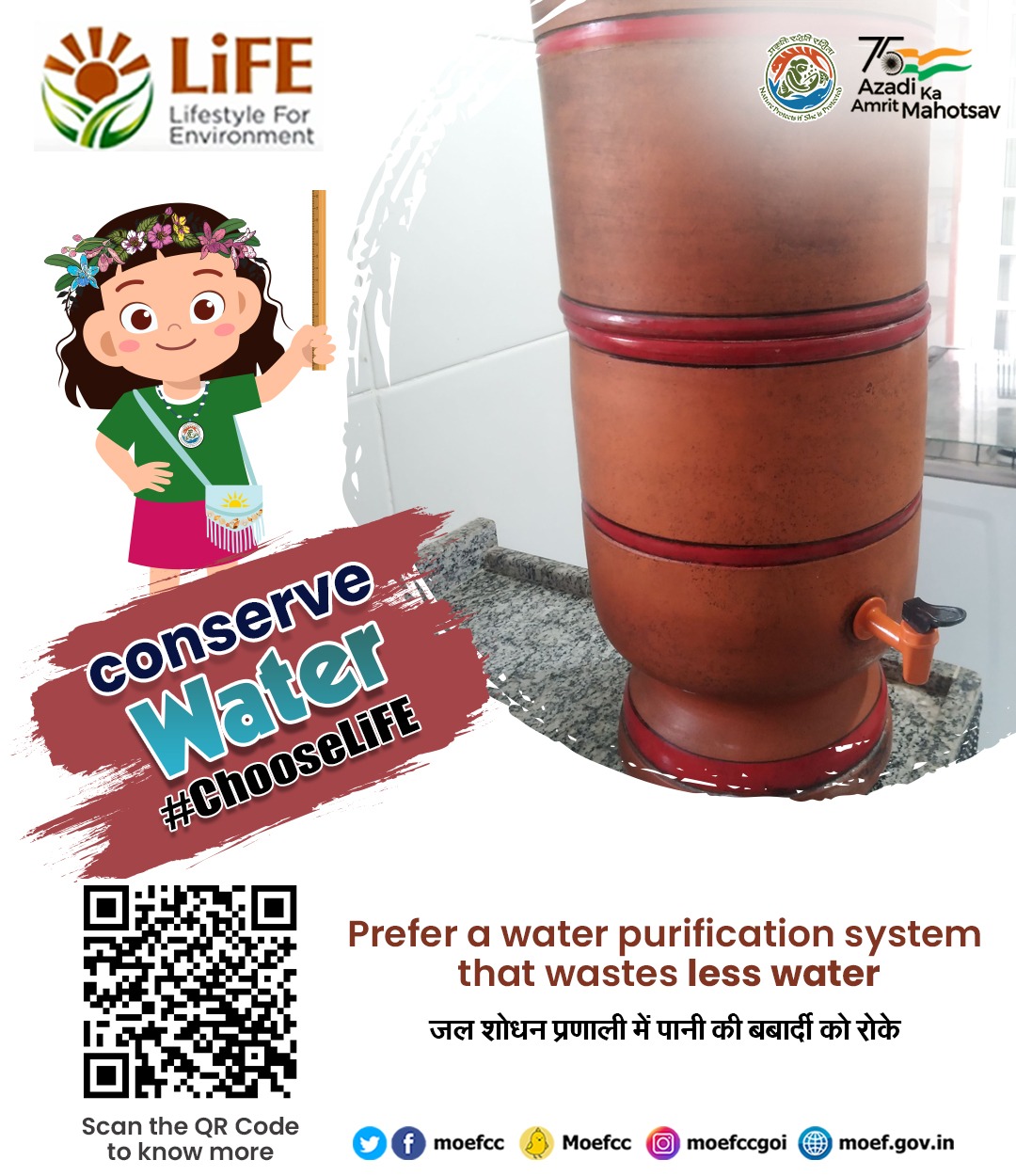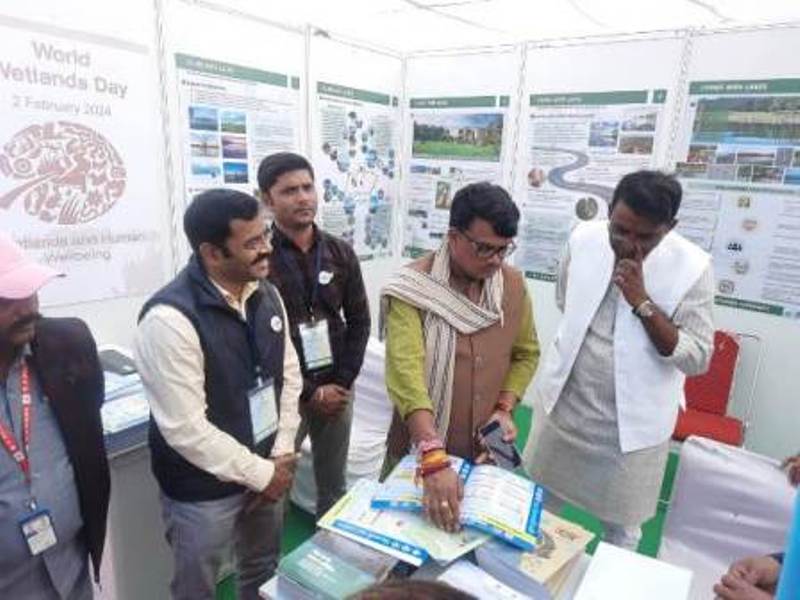Environmental Planning & Coordination Organisation (EPCO) was established by Housing and Environment Department of the Government of Madhya Pradesh in 1981 and presently under the Environment Department of the Government of Madhya Pradesh, its foundation stone was laid by Smt. Indira Gandhi, in the 50 acre "Paryavaran Parisar". Over the years, EPCO has steadily grown to become the State's premier organization in the field of environment related matters. It has worked closely with the State Government on various projects; yet it has established its own identity as an autonomous organization. It is a think-tank for environmental matters, but is also project oriented.
His excellence the Governor of MP is the President of the organization where as Hon’ble Chief Minister and Hon’ble Minister of Housing & Environment Department are Vice Presidents, Principal Secretary nvironment Department is the Director General and Chairman of the Governing Council of EPCO. Executive Director is the executive head of organization. Environmental Planning and Coordination Organization (EPCO) is a unique organization in terms of the foresight and the width of its mandate. In the last 39 years it has also witnessed rapid developments in the field of environment. Over the years EPCO has touched upon virtually every kind of work that is related to the field of environment. It has carried out pioneering work in creation of environmental awareness and focusing attention on environmental problems of the State
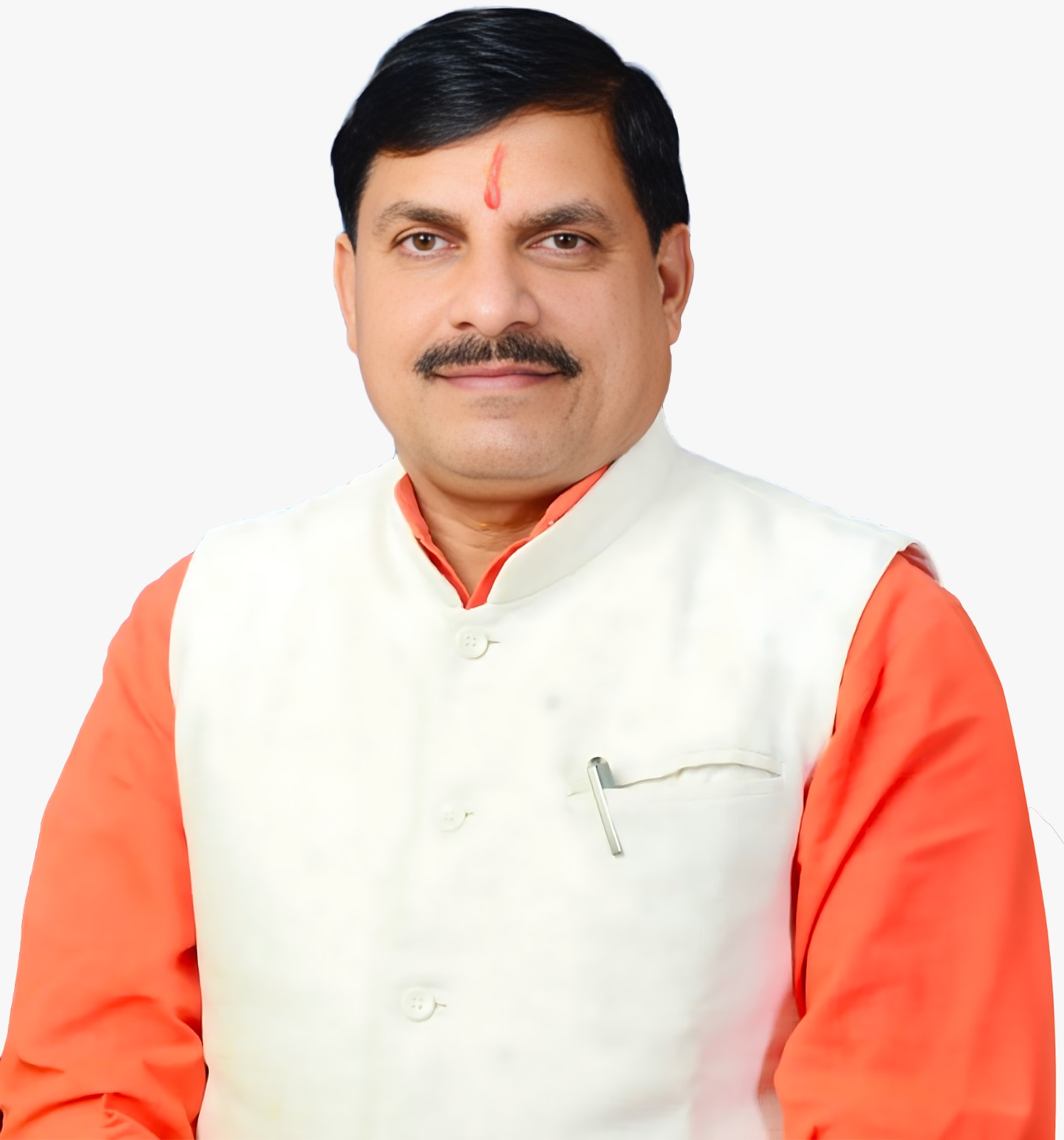 Dr Mohan Yadav
Dr Mohan YadavChief Minister of Madhya Pradesh
 Shri Dileep Ahirwar, State Minister
Shri Dileep Ahirwar, State MinisterState Minister of Environment
 Shri Ashok Kumar Barnwal
Shri Ashok Kumar BarnwalPrincipal Secretary & Director General, EPCO
 Shri Deepak Arya
Shri Deepak AryaExecutive Director, EPCO
Environment Education Programme (EEP)
“Today’s children are the global citizens of tomorrow. They influence their families and shape their attitudes, and thereby the society. So, children, during their formative years (5 to 14), when they are most receptive to messages and information, need to be educated about the environment and the long-term impact of our present actions. This will have a cascading effect on society” – working on this rationale, Ministry of Environment, Forest & Climate Change (MoEF&CC) formulated the programme – ‘National Green Corps (NGC)’ in 2001-02, for promoting Eco-club formation and activities in schools across the country. Realizing the need to mobilize the participation of youth also in environmental conservation activities, the programme support was extended to colleges during 2019-20. The NGC programme was implemented as the flagship programme of MoEF&CC for non-formal environment education till 2021-2022. The Central Board of Secondary Education (CBSE) has also issued circular in 2019 instructing all the schools to mandatorily create Eco-clubs in schools. The Department of School Education & Literacy (DoSEL), Ministry of Education (MoE) also extends support inter alia for Youth Clubs and Eco-clubs under Samagra Shiksha, a Centrally Sponsored Scheme for Government schools. Formation of Eco-clubs and Nature clubs are promoted by various State/UT Governments as well. The National Education Policy, 2020 envisages Ecoclubs as an integral part of school as well as higher education in the country.
Objective -
The objective of the Programme is to sensitize children/ youth, on issues related to environment and to motivate them to adopt sustainable lifestyle, through varied pedagogical initiatives like workshops, projects, exhibitions, campaigns, competitions, nature camps, summer vacation programmes, etc.
Learn more.Nature Camps and Summer Vacation Programmes Direct learning from the nature has a stronger influence on behaviour than learning from a classroom. Camping and other outdoor experiences are the most direct, primary and hands-on form of exposure to nature and environmental issues. Their educational impact is strong, irreplaceable and lifelong. Camping and similar experiences become a positive influence in shaping our attitudes and practices with regard to nature, use of natural resources and our response as a whole to issues of environment and development. These experience also helps children to learn about indigenous knowledge, local traditions and practices related to sustainable living, biodiversity, forest, wildlife, protected areas and their management, natural resource management, resource recycling, reducing consumption, waste management, renewable and alternative energy sources, etc.
The key outcomes from such programmes are:
- Appreciation of nature and natural resources as well as their importance
- Creating love towards environment, nature and wildlife
- Instilling concerns for nature and natural resources conservation
- Introducing variety of flora and fauna of the forests, grasslands, rivers, wetlands, deserts and other ecosystems.
- Providing an exciting and adventure filled opportunity to children to explore into natural areas and wildernesses.
- Motivating students to adopt and eco-friendly lifestyle for protection of environment, nature and natural resources
- Helping them develop skills of leadership, teamwork, discovery
Swachhta Action Plan is a milestone initiative in mainstreaming Swachhta elements across all sectors of the Government in an elaborate, accountable, and sustained manner to realize the Swachh Bharat of Prime Minister's vision and Gandhiji's dream.
Learn more.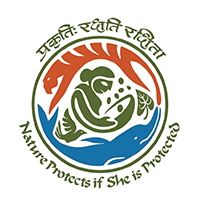



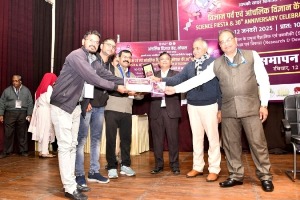

.jpeg)
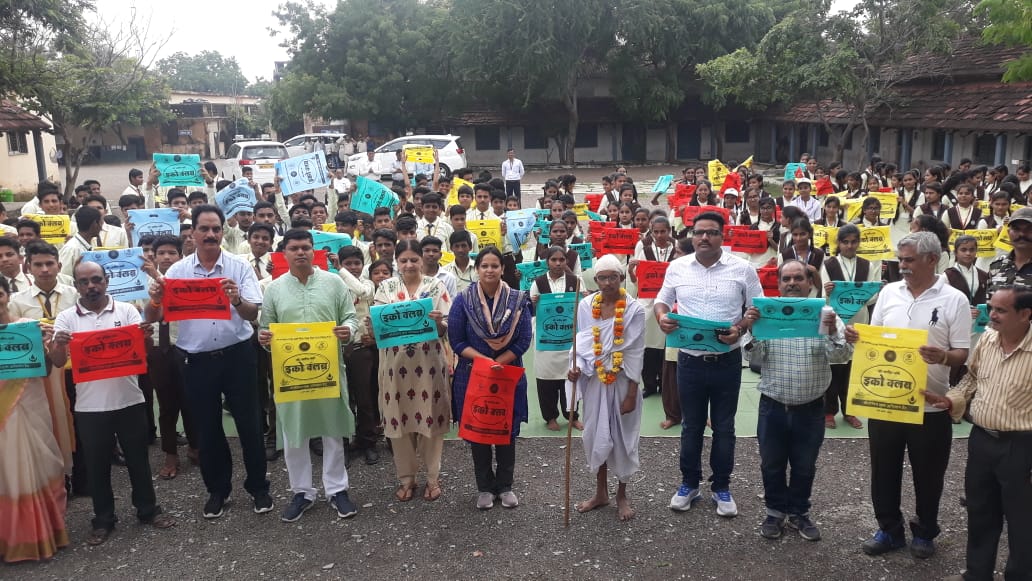
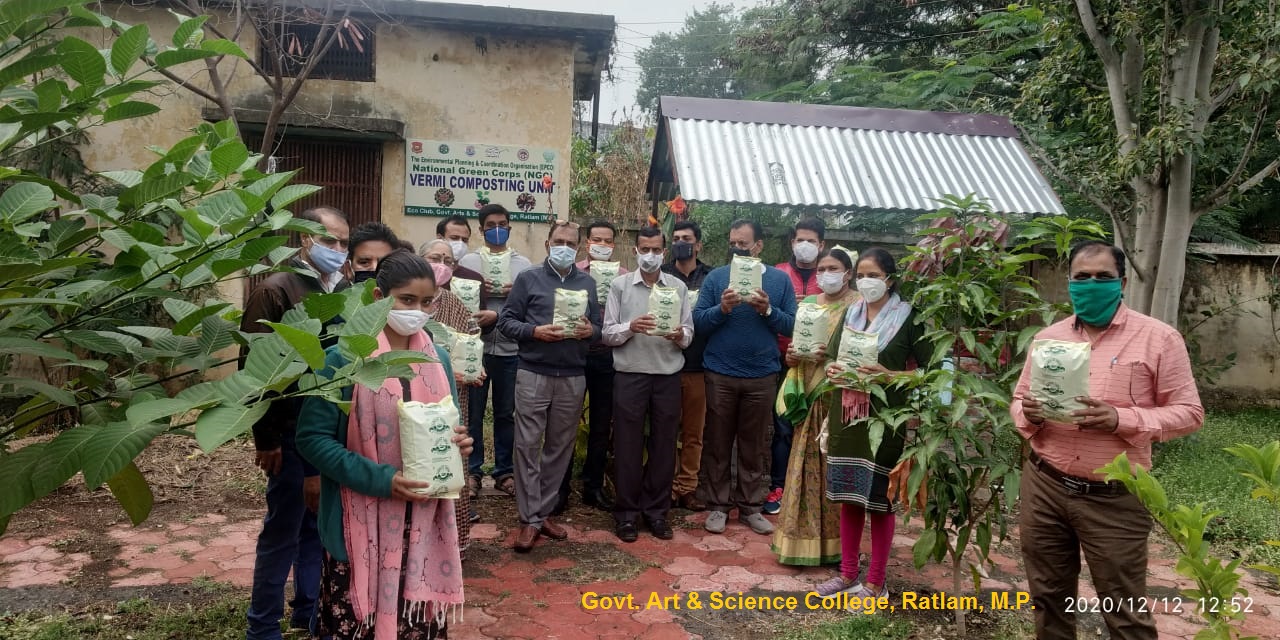
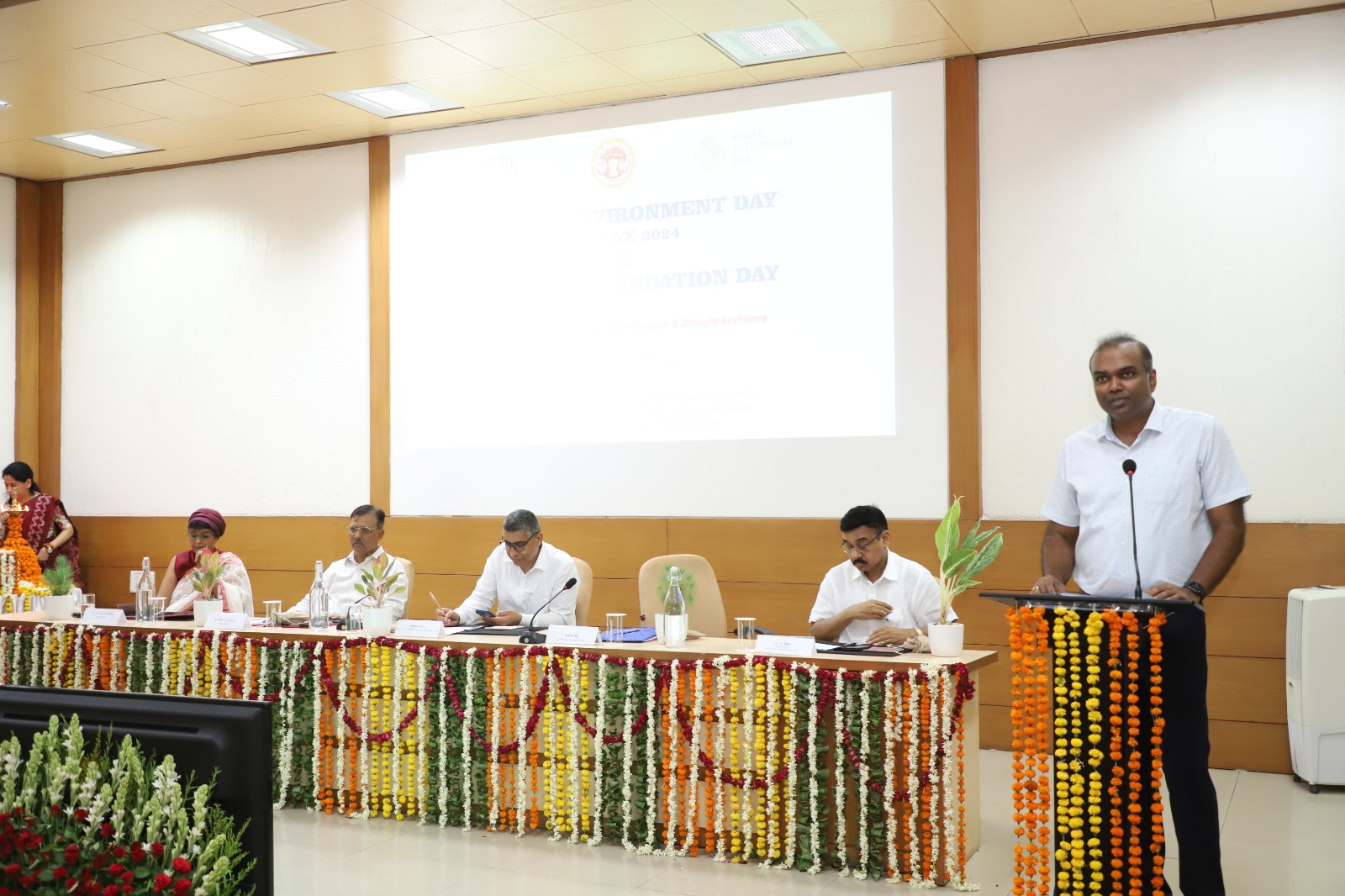
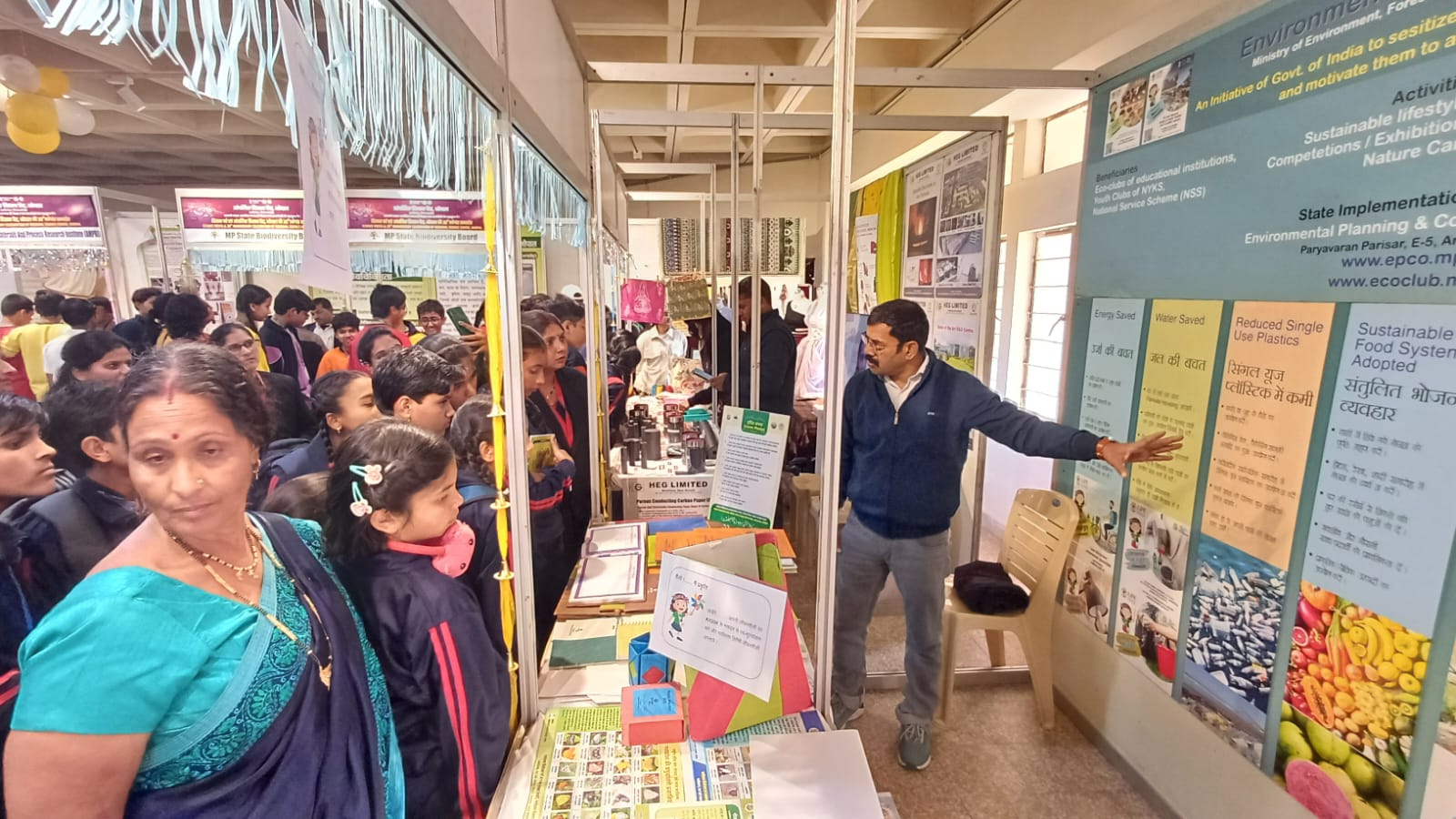
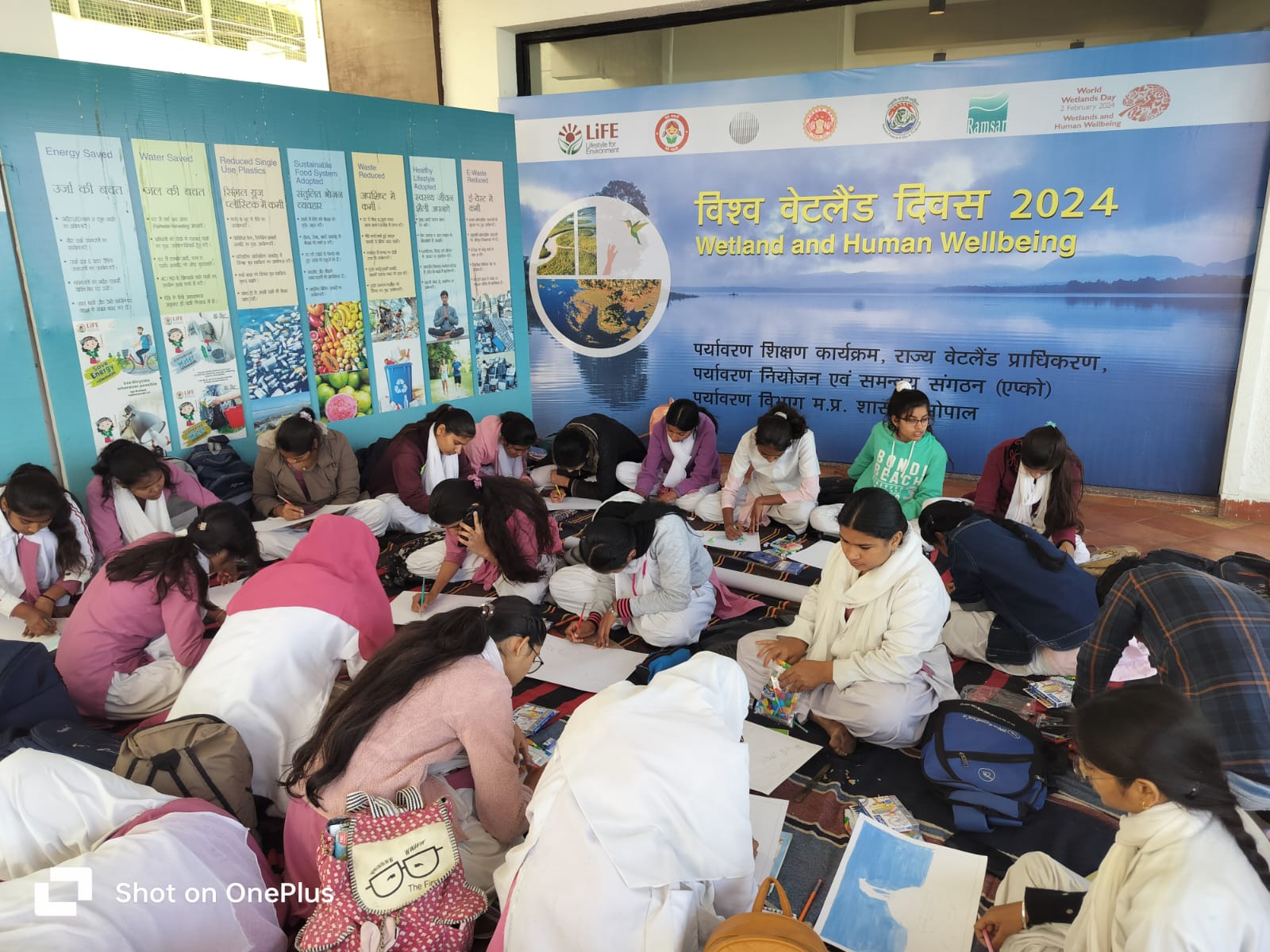
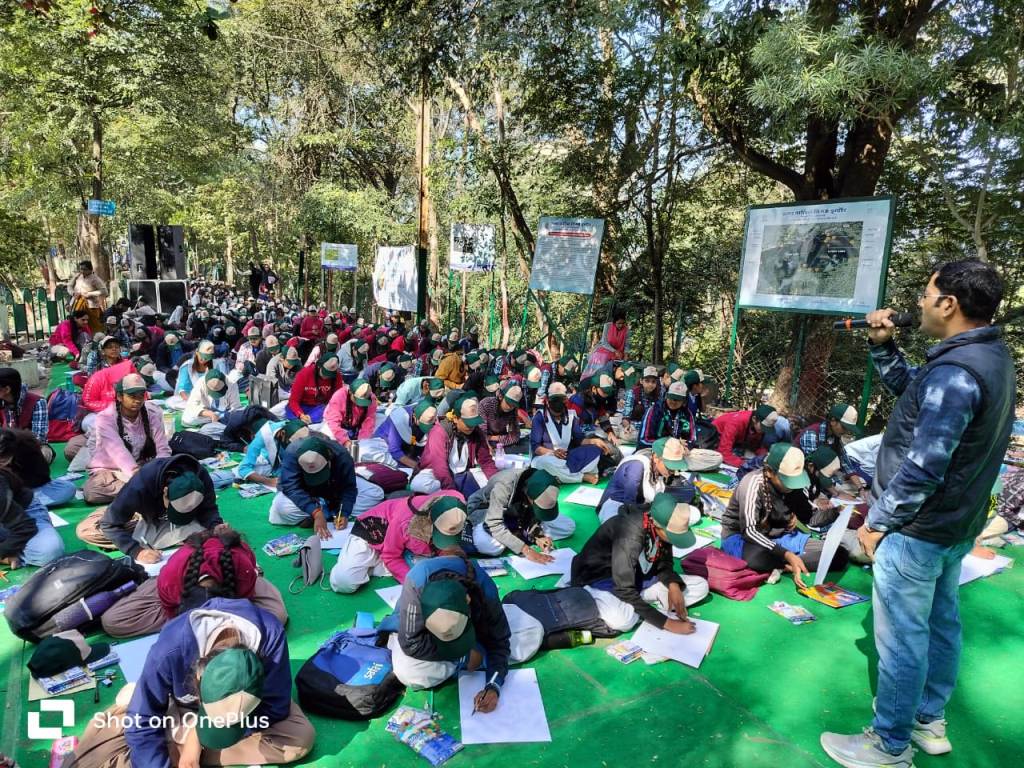

.jpeg)

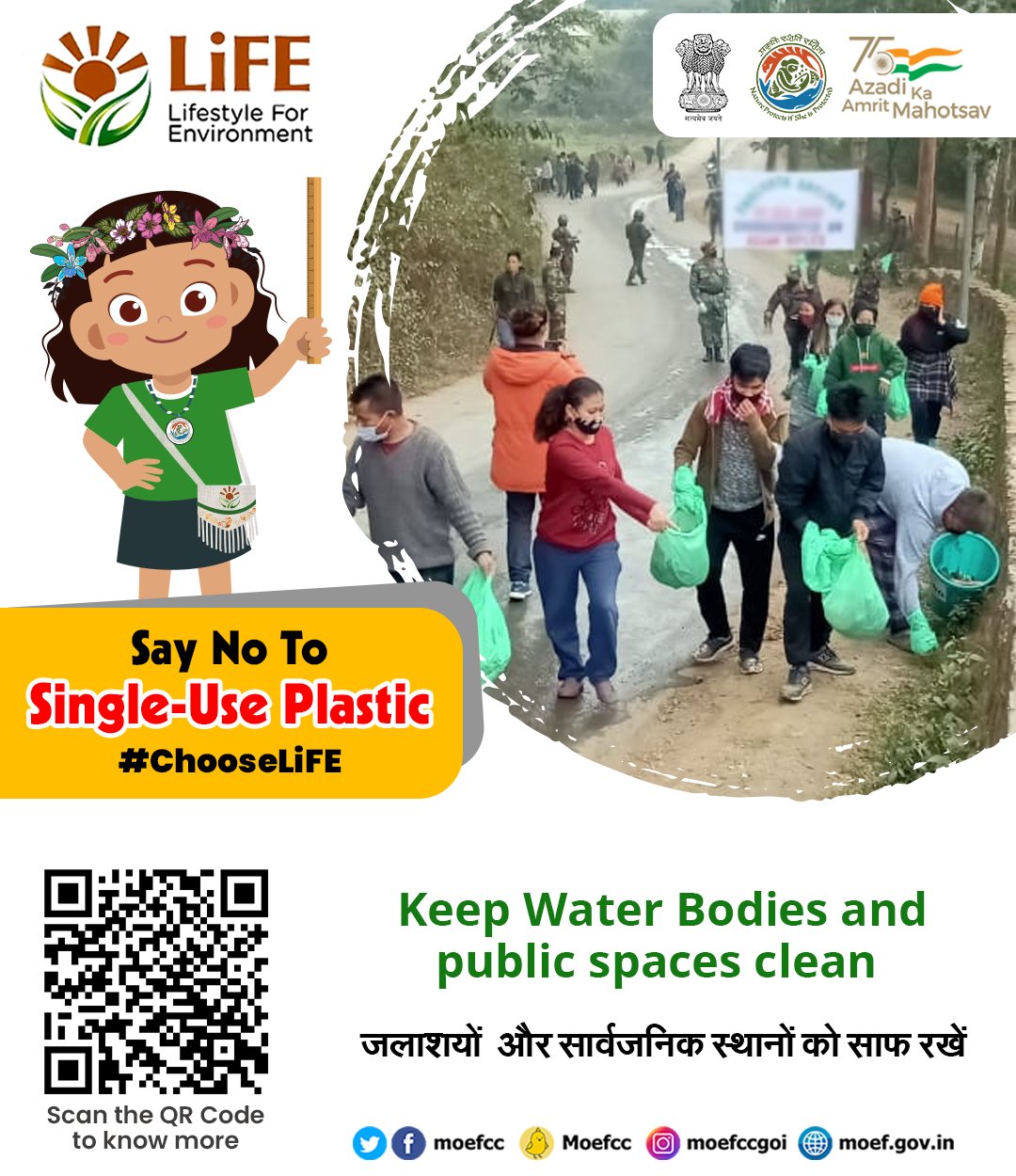
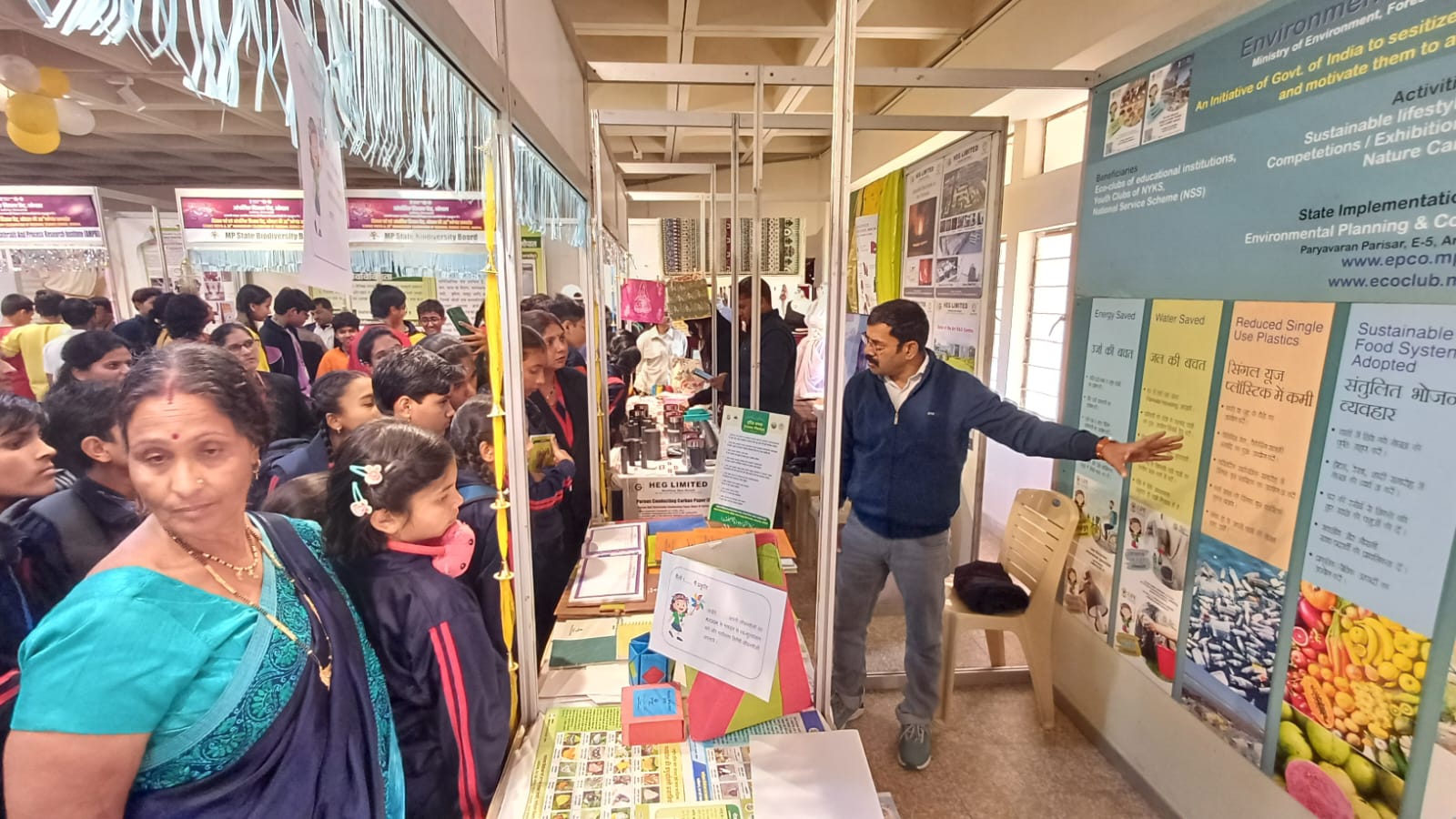
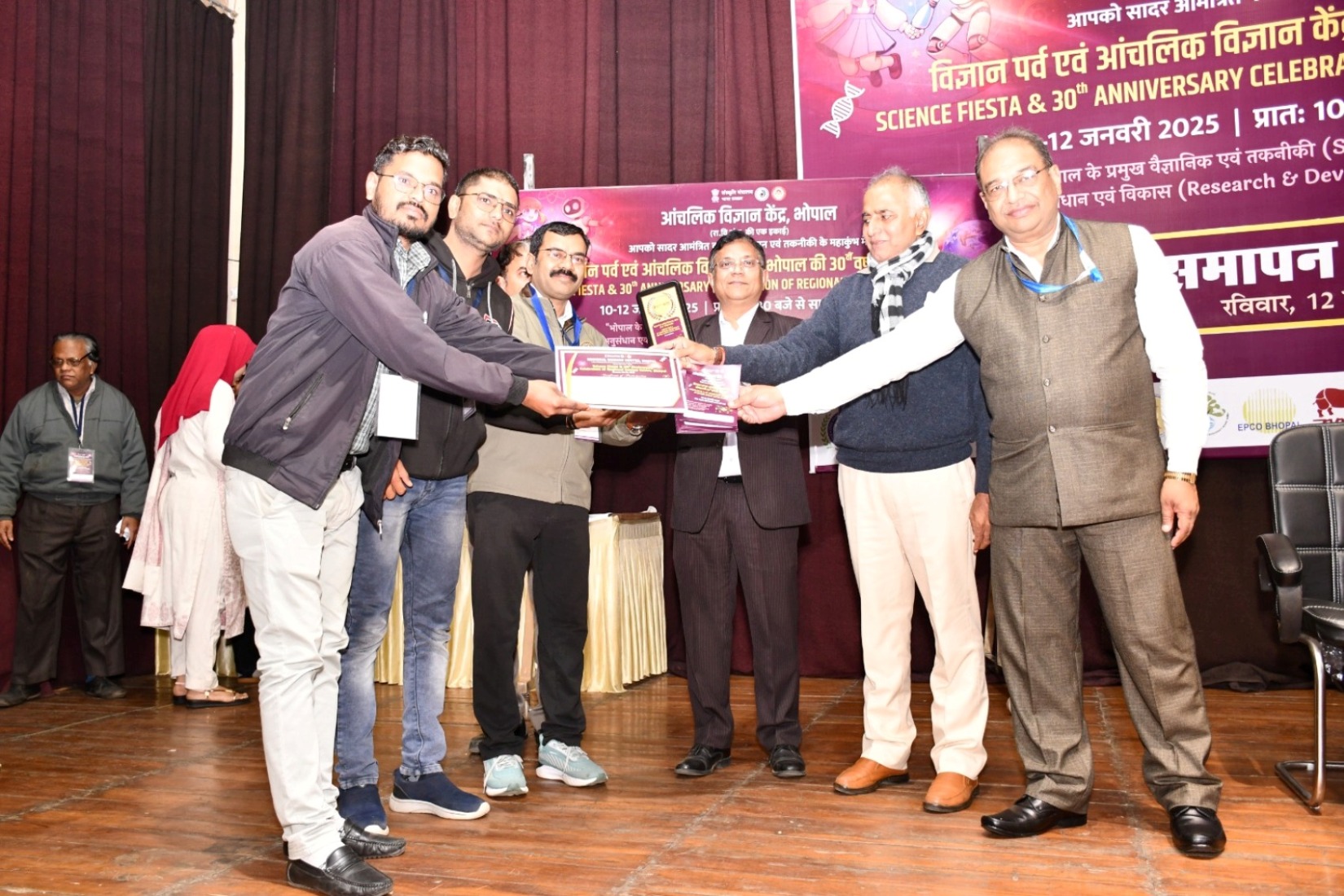
1.jpeg)
